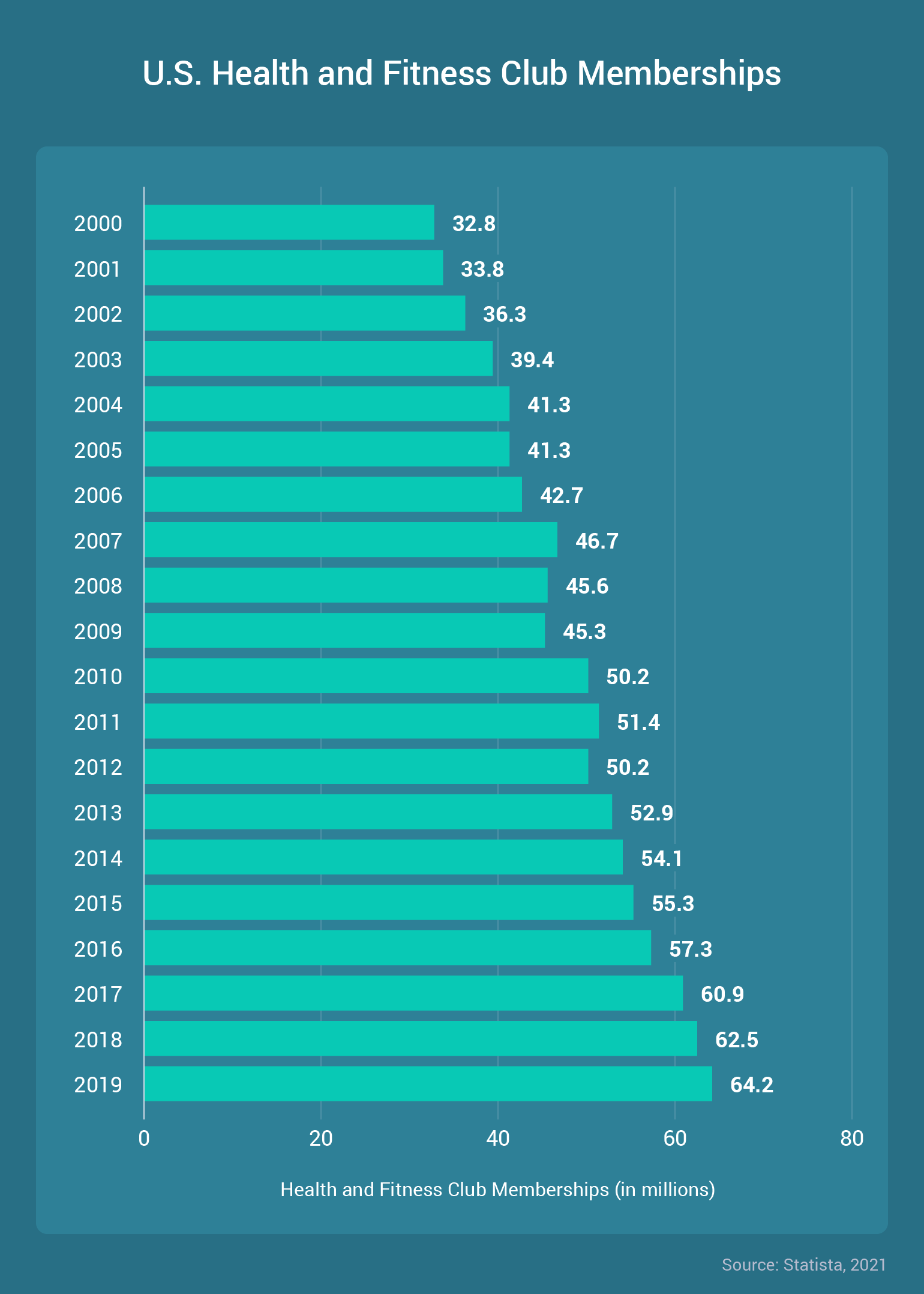This post went slightly viral:
In America, a conscientious person with IQ of 92 can become a CDL driver, go to work for Walmart, make 100k+, buy one of the nicer houses in their hometown, and take an annual cruise. https://t.co/ERCmu3uUEw
— VB Knives (@Empty_America) January 19, 2024
I think he and the parent tweet way overestimate the capabilities and upward mobility of someone with a low 90s IQ. The median income in the US is $31,000. It’s wishful thinking, or at the very least highly improbable, to expect someone in the bottom 15% of IQ to earn in the top 15% of income, even under ideal conditions such as high conscientious. An IQ of 92 is the ‘soft’ cut-off for enlisting in the armed forces, which corresponds to an AFQT score of 32. (The oft-quoted 83 figure, popularized by that Jordan Peterson video, is the ‘hard’ cutoff, which is only invoked during war for a small percentage of enlistees.) So 92 is the cutoff to be smart enough to be cannon fodder. Dim-witted but highly successful people are rare enough that a movie–a fictional one, no less–was made about such an individual.
It only works if "the public" does not silence the long-housers by pointing out the true tiny-minority status of their position.
This back and forth can be healthy, but scolds should be prepared for, and subjected to, a great deal of abuse.
— Wilfred Reilly (@wil_da_beast630) January 16, 2024
Scolds enjoy status if their positions are aligned with power interests. During Covid, pro-lockdown/mask scolds had power and status. When those measures predictably proved ineffective, scolds and society moved on, with no repercussions for the scolds for being so wrong. Even being a tiny minority does not matter, as scolds tend to form cliques, which provides the necessary social cohesion and validation.
I’ve seen some on social media try to spin Vivek’s poor Iowa placing as a success.
People downplaying Vivek’s showing have clearly never done anything in real life. Getting you first customer is the hardest thing ever. I still remember, over 10 years ago, making my first $18 off a website. Eighteen dollars! Was over the moon. Because it shows what’s possible.
— Cernovich (@Cernovich) January 21, 2024
Given all his media attention and spending, to lose by 10 points to Haley, earning him 4th place and subsequently dropping out, is a failure. Him dropping out can be interpreted in no other way but an admission of failure, as such a low placing was unsalvageable and a waste of his money and time to continue. Being a businessman he would know when to cut his losses. It takes major cope to interpret this in any other way.
During the last four months, Vivek was getting more media coverage and buzz on social media than even DeSantis. DeSantis was on the downswing for much of 2023, but still did way better. As I said earlier, Vivek suffered from ‘Yang syndrome’–a charismatic, whip-smart, accomplished but unorthodox candidate who is a hit on social media and has zingers at debates, lands with a thud where it matters most, at the polls. Conventional candidates who paid their dues know they can play the long game and try to get second or third and hope for an upset or stroke of luck, like Kerry in 2004 who became the frontrunner after Dean’s sudden flameout. The out-of-the-box outsider candidate either does really well, like Trump, or really bad (usually bad).
Second, Vivek’s ‘success’, if that what it can be interpreted as, is not at all like earning a customer or the attainment of market share in the context of business. A capital expenditure provides some return on investment, whereas campaign spending is ephemeral, so the money is gone with nothing show for it but a Wikipedia page. There is no guarantee of any carry-over effect either. For example, compare Nader’s 2000 popular vote tally to 2004, or Ross Perot in 1992 to 1996. It’s a one-shot sort of deal, and the tendency is do worse in subsequent elections, not better. Given his youth, he can give it another go in 2028, but the evidence suggests he will do worse.
Perhaps the explanation for the rise in obesity is not that we’re eating more, it’s that we’re moving less. https://t.co/yYbF2hGzxB
— JayMan (@JayMan471) December 30, 2023
I am sure this is not the reason. If inactivity explains Americans becoming obese, it logically follows that obesity can be fixed by being more active, but no such luck. Recent research by evolutionary anthropologist Herman Pontzer has shown that calories burned by activity are cancelled out later through slowing of metabolism, resulting in little to no net weight loss. This agrees with my own personal experience. Americans are arguably more active than ever before, but also fatter than ever too. Such as record gym attendance and memberships:

Same for the huge popularity of calorie and fitness trackers/apps, as well as a plethora fitness and health content on social media. Doing ‘10,000 steps/day’ has become a meme. Obesity rates began to pick up by the early 1980s, but modern conveniences such as cars, TVs, appliances, grocery stores, electricity, etc. predate this by decades. Also, how much more activity or caloric energy did it require being a teacher or a bank clerk in the 1940s compared to today? Not much, I would assume.